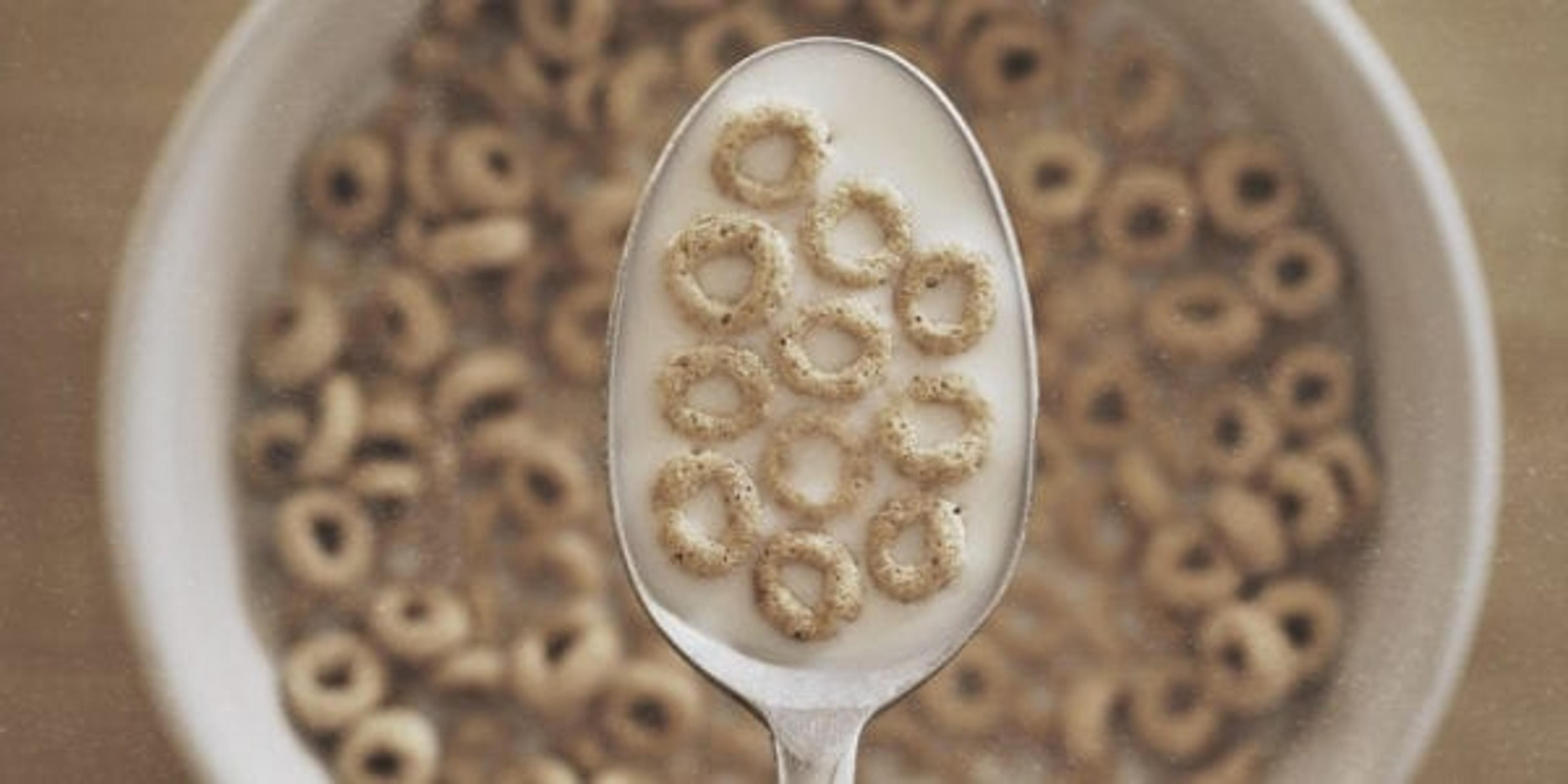What I Learned Going 30 Days Without Sugar
| 4 min read

Let’s be honest: The end-of-year holiday season is basically a two-month-long parade of sickly-sweet gluttony. I’ve begun referring to Christmastime, only half-jokingly, as diabetes season.
It starts with the kids’ Halloween bounty and continues through Thanksgiving and leftover pumpkin pie. Soon after come the reliable shipments of holiday cookies and cakes from family members and coworkers. Even the office layout begins to resemble a temptation maze, with boxes of donuts or peppermint brittle seemingly everywhere you look.
Given the growing evidence of sugar’s role in chronic diseases like diabetes and heart disease, it’s begun to scare me how much sugar I consume at the end of each year. So once Jan. 1 rolled around this year, I felt like I needed a serious break from sweets.
After reading an essay about it, I decided to give the #30daysnosugar challenge a try. I adopted the author’s simple rule: avoid anything containing added sugar — including sweeteners like honey and maple syrup — for 30 days. Fruit and other foods containing natural sugars were totally fair game.
Turns out it’s not so simple.
A sneaky ingredient
Sugar is literally everywhere these days. It’s listed as an ingredient in breads, pasta sauces, salad dressings, soups and all manner of prepared, packaged foods where you least expect it. And sugar is sneaky; it can appear on ingredient labels under names like sucrose, dextrose, maltodextrin, treacle and many others.
So although I tried to be vigilant about reading ingredient lists and checking nutrition labels for any sign of sugar content, there were times when I inadvertently ingested processed sugar. (There was also that one time I spaced and ordered myself a sugary drink during a chaotic moment with hungry, impatient children, but we won’t go there. No one’s perfect.)
But for the most part, I accomplished my mission. And some interesting things happened.
Coming off the sugar high
First and foremost, the substitutions I found for foods containing sugar represented big nutritional upgrades. For example, I’m a huge fan of cereal, both for breakfast and as a late-night snack. But cereal, nutritionally speaking, is a big jolt of sugar and processed carbohydrates. (I also realized that it is very difficult to find sugar-free cereals, even at health-food stores.)
Cereal was probably the toughest thing to give up. But in its place I discovered the hearty pleasures of slow-cooked steel-cut oats. And instead of drizzling my bland instant oatmeal with honey or maple syrup, I added banana, dates, grated ginger, dehydrated berries, nuts, coconut and a splash of vanilla extract for a flavorful, nutrient-dense breakfast.
At night, when my after-dinner cravings struck, I would grab a piece of fruit, or pour myself a small bowl of popcorn, instead of wolfing down a bowl of cereal and all the calories that come with it.
Secondly, my sweet tooth gradually eased. Sure, it was tough to resist breaking off a piece of the dark chocolate lurking in my cupboard (it is good for you, after all), but as time went on it got easier to resist the plate of cookies lying around the office or the cinnamon rolls at the coffee shop.
Sugar is incredibly addictive. When you taste it, you instantly want more, one cookie quickly becomes four, and so on.
After a while of going without it, your taste buds change, your cravings diminish. You remember how bad a sugar crash feels and how much better you feel.
Ready for dessert?
I’ve been off my no-sugar diet for a few days now. It’s definitely nice to be able to add jelly back in my PB&Js, but I have no desire to go on a Homer Simpson-style donut binge, and I still haven’t eaten a cookie. But I’m still reading ingredient lists, and I’m liking my more trim waistline.
There will undoubtedly be sugar binges in my future, but I think some of the changes I’ve made will stick. I feel too good to give them up.
Like this post? Check these out:
Photo credit: Anna M





